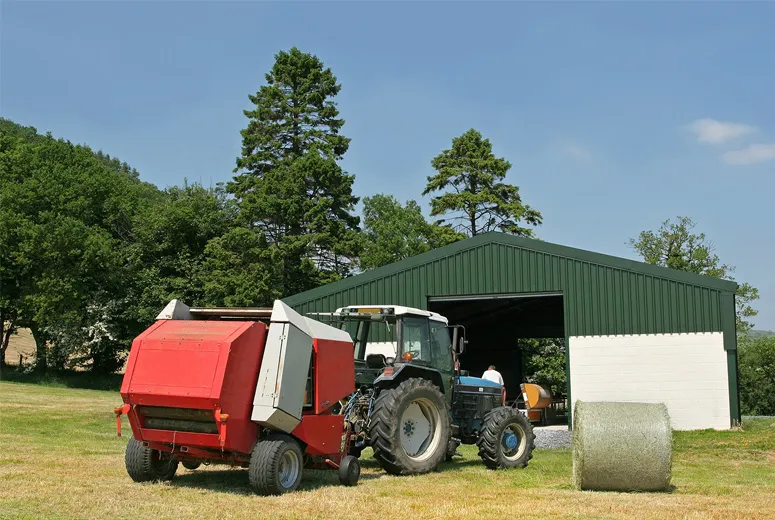- Afrikaans
- Albanian
- Amharic
- Arabic
- Armenian
- Azerbaijani
- Basque
- Belarusian
- Bengali
- Bosnian
- Bulgarian
- Catalan
- Cebuano
- Corsican
- Croatian
- Czech
- Danish
- Dutch
- English
- Esperanto
- Estonian
- Finnish
- French
- Frisian
- Galician
- Georgian
- German
- Greek
- Gujarati
- Haitian Creole
- hausa
- hawaiian
- Hebrew
- Hindi
- Miao
- Hungarian
- Icelandic
- igbo
- Indonesian
- irish
- Italian
- Japanese
- Javanese
- Kannada
- kazakh
- Khmer
- Rwandese
- Korean
- Kurdish
- Kyrgyz
- Lao
- Latin
- Latvian
- Lithuanian
- Luxembourgish
- Macedonian
- Malgashi
- Malay
- Malayalam
- Maltese
- Maori
- Marathi
- Mongolian
- Myanmar
- Nepali
- Norwegian
- Norwegian
- Occitan
- Pashto
- Persian
- Polish
- Portuguese
- Punjabi
- Romanian
- Russian
- Samoan
- Scottish Gaelic
- Serbian
- Sesotho
- Shona
- Sindhi
- Sinhala
- Slovak
- Slovenian
- Somali
- Spanish
- Sundanese
- Swahili
- Swedish
- Tagalog
- Tajik
- Tamil
- Tatar
- Telugu
- Thai
- Turkish
- Turkmen
- Ukrainian
- Urdu
- Uighur
- Uzbek
- Vietnamese
- Welsh
- Bantu
- Yiddish
- Yoruba
- Zulu
Aug . 20, 2024 21:08 Back to list
The Evolution of Novel Industrial Buildings A Modern Approach to Functionality and Sustainability
In recent years, the landscape of industrial architecture has experienced a significant transformation. The advent of novel industrial buildings signifies a shift towards not only meeting the functional requirements of various industries but also addressing sustainability and aesthetic appeal. This evolution reflects the changing dynamics of the global economy, technological advancements, and a growing awareness of environmental responsibility.
One of the defining characteristics of novel industrial buildings is their adaptive design. Traditional factories were often monolithic structures designed primarily for efficiency, often at the expense of worker well-being and environmental considerations. In contrast, modern industrial buildings embrace versatility, allowing for easy modification and expansion as business needs evolve. For instance, modular construction techniques enable the rapid assembly of industrial facilities, facilitating quick responses to market changes while minimizing waste.
These buildings are increasingly designed with sustainability in mind. The construction industry, notorious for its heavy carbon footprint, is now prioritizing environmentally friendly practices. Novel industrial buildings often incorporate green technologies, such as solar panels, energy-efficient lighting, and advanced HVAC systems that reduce energy consumption. Moreover, materials are being sourced from sustainable suppliers, and designs are aimed at maximizing natural light and ventilation, further decreasing reliance on artificial climate control.
In addition to sustainability, the aesthetics of industrial buildings have undergone a radical makeover. The stark, utilitarian look of traditional factories is giving way to designs that emphasize both form and function. Architects are now infusing creativity into industrial spaces, with features such as green roofs, transparent façades, and outdoor workspaces that foster collaboration and innovation. This shift not only enhances the visual appeal of industrial sites but also elevates the working environment for employees, promoting productivity and satisfaction.
novel industrial building

Technological advancements play a critical role in shaping novel industrial buildings. The integration of smart technologies into these structures has transformed operations, allowing for better control over equipment and energy use. IoT (Internet of Things) devices can monitor energy consumption, air quality, and operational efficiency in real-time, enabling companies to optimize their processes while minimizing environmental impact. This technological integration ensures that modern industrial facilities are not only places of production but also hubs of innovation.
The rise of e-commerce and globalization has also influenced the design of industrial buildings. As companies strive for faster delivery times and streamlined logistics, warehouses and distribution centers are being built with advanced automated systems and strategic layouts that enhance workflow efficiency. The location of these buildings is increasingly strategic, often placed near major transportation hubs to facilitate quick access to markets and resources.
As we look to the future, the novel industrial building concept continues to evolve. The interplay between sustainability, technology, and design will undoubtedly shape the industrial landscape of tomorrow. Moreover, as industries become more interconnected, the need for adaptable, innovative spaces that promote collaboration and creativity will become paramount.
In conclusion, the transformation of industrial buildings into novel, sustainable, and aesthetically pleasing structures marks a pivotal shift in the way we approach industrial architecture. This evolution not only reflects the demands of a modern economy but also aligns with a growing societal commitment to environmental stewardship and enhanced quality of life for workers. The future of industrial buildings is bright, promising a harmonious blend of functionality, technology, and sustainability.
-
Steel Frame Factory with Insulated Roof Panels
NewsAug.14,2025
-
Prefab Metal Building with Insulation Package Options
NewsAug.14,2025
-
Industrial Steel Sheds for Temporary Workshop Use
NewsAug.14,2025
-
Metal Workshops Featuring Corrugated Steel Roofs
NewsAug.14,2025
-
Modular Steel Frame Excellence: Our Pursuit of Perfection
NewsAug.14,2025
-
Metal Garage Kits Crafted with Customer Satisfaction at Heart
NewsAug.14,2025
Products categories
Our Latest News
We have a professional design team and an excellent production and construction team.












